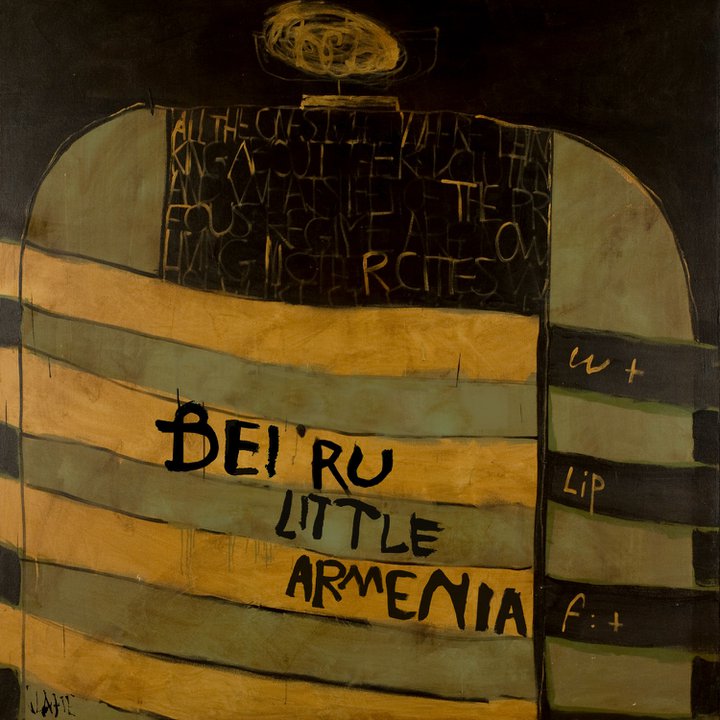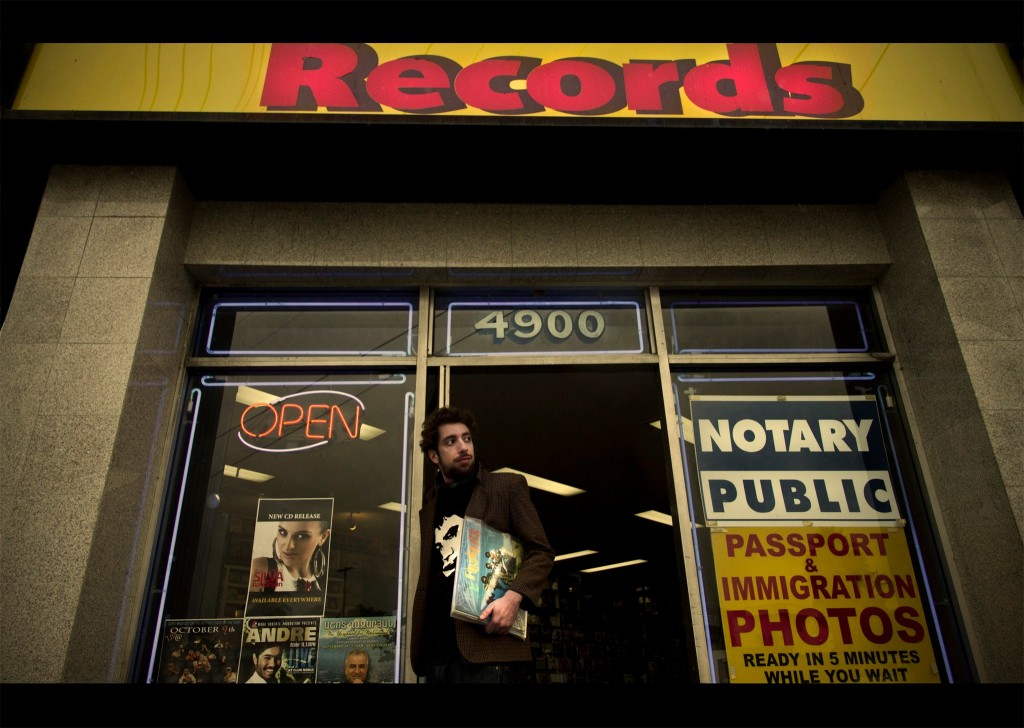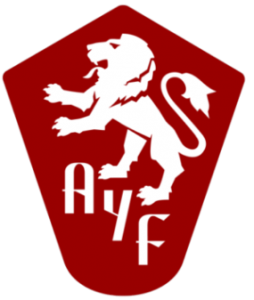State of the Arts – Bei-Ru
Haytoug: Can you tell us a little about yourself? Some background on where you’re from and how you got involved in art in general?
Bei Ru: I was born and raised in Los Angeles – my parents moved to the U.S. in the mid-1970s from Lebanon. As a kid, my parents would play a lot of Armenian music in the house. We visited Armenia when I was 6, and my folks took me and my siblings to see orchestral concerts and operas. I think all of that nurtured my love for music. I also started taking piano lessons around the time of our Armenia trip, and stuck with it for about ten years. When I was 15 I started getting more and more into hip-hop and DJ’ing, which is what I eventually started to pursue. I got a job at a local dry cleaners and saved up enough money to buy a set of turntables, a mixer, an amp and some speakers. After DJ’ing house parties and clubs for some years, I bought a small Casio keyboard and started working on creating my own music.
H: Is your foundation based on formal training or did you develop your talent in other avenues?
B: The years of piano lessons definitely helped, and DJ’ing gave me a better understanding of the structure of contemporary music, so I guess it was ultimately a combination of training and experience.
H: How would you describe your style?
B: I think it’s a combination of all the music I’ve been exposed to and still listen to. I’m just a fan of real, soulful music, no matter where it comes from. I really just try to add certain elements of whatever style fits a particular piece of music.
H: Can you tell us a little about Bei Ru? When did you start doing what you do, what kind of music do you create and what are some key projects that you’ve worked on?
B: I started out working in a group called the Backwash Foundation with a couple of friends who were vocalists. After working in a group for a few years, I started to branch out and work with other vocalists and musicians, mainly hip-hop and R&B based. I released a remix project of Jay-Z’s American Gangster album in 2008, where I took his acapella vocals and added my own music to it. It was really well-received and was even published in the legendary hip-hop magazine The Source, as one of the best remix projects of that year. That definitely gave me the push to take it even further and come up with the ideas that lead to the beginning of Little Armenia.
 H: Your album Little Armenia reveals that you do not stick to a singular genre but are instead more global with your music, can you talk more about that and the different types of music you explore.
H: Your album Little Armenia reveals that you do not stick to a singular genre but are instead more global with your music, can you talk more about that and the different types of music you explore.
B: My tastes in music tend to shift every now and then. I think it’s crucial that any musician be open to every genre of music, no matter the style. It’s really all the same when it comes down to it. I listen to a lot of jazz, hip-hop, funk, soul, rock, folk, classical, electronic, you name it. I’ve definitely always been partial to Armenian music, and that’s one of the main reasons I decided to make the Little Armenia album. I wanted to try and use Armenian music as the foundation to work around and add my own touch to.
H: For many people, finding motivation to be creative and developing original concepts is not easy. Where do you find your inspiration?
B: My inspiration really comes from everywhere. I think musically speaking, there’s a certain energy you get from listening to a song that moves you. When you surround yourself with that type of energy, it cultivates your own inspiration. That’s something I try to stay immersed in, that energy; and music is just one facet of it. Sometimes it happens by just looking at the sky or making eye contact with someone you passed on the street. It’s just a matter of how you take that feeling and express it through your own outlet.
H: What role do you think music (and the reinterpretation of it) plays in Armenian culture, especially for us today in the Diaspora?
B: Music has always been a huge part of our culture. Armenians in the Diaspora tend to gravitate towards whatever popular music is big in their respective countries. It’s not a bad thing at all, but many times people tend to forget their own culture’s music. Many Armenians I spoke to told me they don’t listen to Armenian music, but they loved Little Armenia. I think that a lot of Armenians in the Diaspora have lost touch with their music, mainly because contemporary Armenian music brings up thoughts of pop influenced dance tunes that you’d hear at a wedding. I wanted to show people that there’s a whole world of beautiful Armenian songs and melodies out there that I simply presented in a different light, with my own ideas and concepts.
H: What are some recent and upcoming projects we can expect from you?
B: I’ve started work on a follow-up to Little Armenia. I initially planned on it being a one-shot thing, but after all the love and support it’s received and the fact that I had a blast making it, I couldn’t resist the idea of a follow-up album. It’s not quite a sequel, more of a continuation. I’m also working on some collaborative projects with various vocalists as well as a project with an instrumental band, all of which I’ll be revealing more about in the next few months.
H: How can people get in touch with your company if they want to collaborate or want you to mix at an event?
B: People can contact me through my website, beirumusic.com. Thanks to everyone for all the kind words and support they’ve been sending my way! To anyone who hasn’t yet heard Little Armenia, you can sample the entire album on iTunes or Amazon if you just search “Bei Ru”. I hope you enjoy… Peace.
A Sample of Bei Ru’s Work…



Leave a Reply
Want to join the discussion?Feel free to contribute!